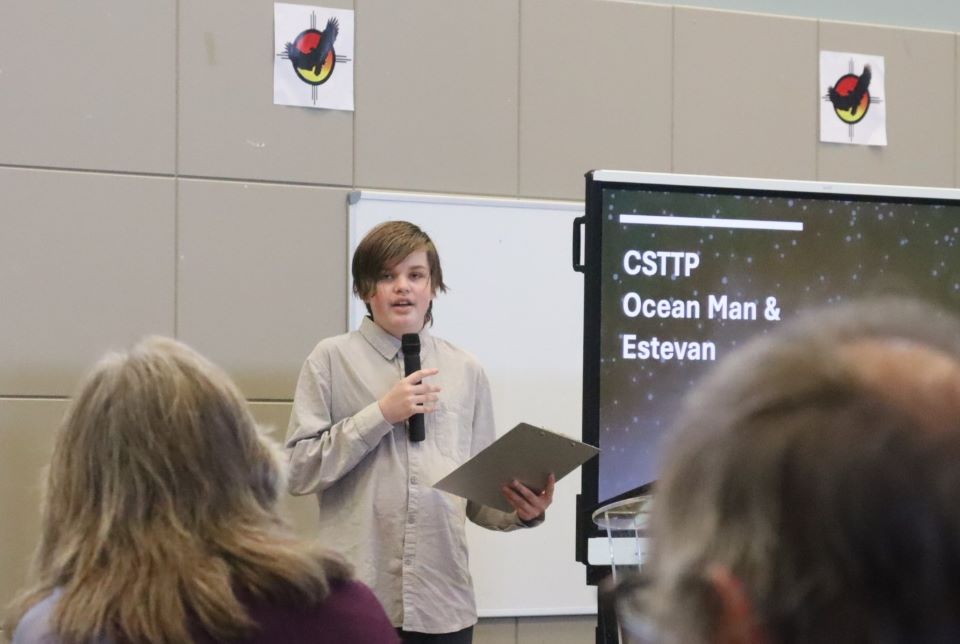Southeast College’s computer science program wrapped up another summer, with students once again taking on real-world projects aimed at bringing technology into the community.
Alistair Watson, who has been with the program since its launch, said this year’s class was one of the busiest yet.
“It went really well this term because we had quite a few interesting projects, so everyone had something to work on,” said Watson. “I threw myself into quite a few projects, both in the class and otherwise, and I think a lot got done and there was a lot for everyone to learn.”
One of the highlights has been a project tied to the college’s solar panels, where students created a monitoring dashboard and are now developing machine-learning tools to predict output.
“The goal is to develop the machine learning more so it’s a little more accurate and able to properly predict what the panels will do,” Watson explained. “That way we can adjust them as needed to get the best output and eventually add battery storage systems into them.”
The dashboard tracks how the panels perform under different conditions, with factors such as cleaning schedules, angle, weather, and temperature playing a role in how much energy is produced.
The program itself has grown quickly. What started in 2024 with a single project has expanded to multiple initiatives each summer. Students have taken on work ranging from solar energy data collection to Indigenous cultural apps, while also presenting their projects at events such as the Critical Resources and Innovative Technologies (CRIT) conference hosted in Estevan this spring.
Watson said the growth of the program has given returning students a chance to step into leadership roles.
“Those of us who have taken the class multiple times have kind of taken on different roles within the projects, going from just learning to almost managing the project itself,” he said.
He added that the experience has also sharpened his technical skills. Where early work often required lengthy code to achieve results, he now finds himself writing more concise and readable programs.
The Southeast College program is part of a federally funded initiative that expanded to four Saskatchewan communities this summer, with support including laptops, internet access, and childcare to ensure participation. Earlier this year, the college also signed a five-year agreement with the University of Regina and Southeast TechHub to establish the Innovation Centre for Energy Development, connecting classroom work to larger research and industry opportunities in the region.
For Watson, the portfolio he’s building is not just about completing classwork, it’s preparation for the future.
“The whole purpose of the course is to get that experience that you would get in a real job,” he said. “It can go on a resume or be used as a reference for getting a full job.”
